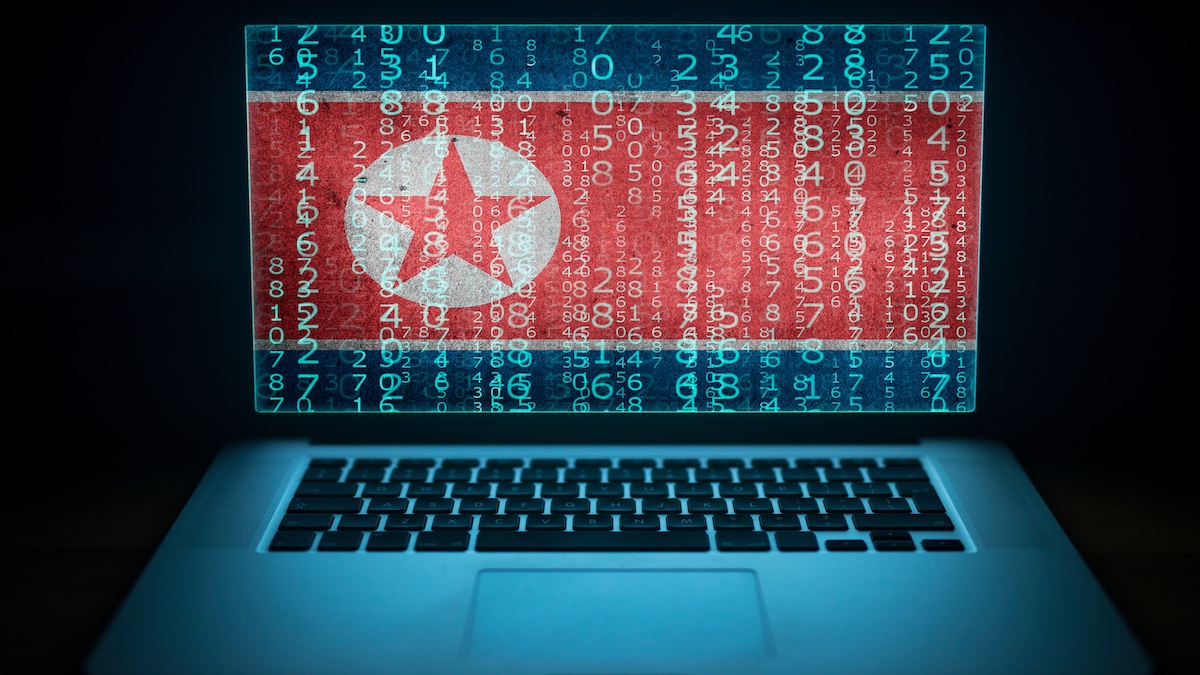New MacOS Malware Linked to North Korean Hackers
A new macOS malware probably used by North Korean hackers to target crypto exchanges has been found by security firm Jamf. The group behind the malware is thought to be the same group behind the recently reported KandyKorn malware.
In its report on KandyKorn, Kaspersky describes the group as ‘Lazarus’, an overarching term for North Korean hackers. Jamf describes this group as BlueNoroff, a specific group within Lazarus that is “financially motivated, frequently targeting cryptocurrency exchanges, venture capital firms, and banks.”
The new malware is tracked by Jamf as ObjCShellz and is believed to be part of what has been called the RustBucket Campaign. The researchers suspect it is a late stage part of a multi-stage malware attack. “It’s a rather simplistic remote shell,” explains Jaron Bradley, director of Jamf Threat Labs, “but effective.” It allows the attacker to deliver macOS instructions from a C2 server and collect the responses. The malware can do almost everything the user can do on the Mac, but in the background.
Jamf was not able to explore the specific intentions of the attackers with this malware, because the C2 server (located at ‘swissborg[.]blog’) was taken offline as soon as the researchers probed for more information. This is not unusual — attackers often stand down an IP to prevent investigation, only to stand it up at some future date.
However, a possible alternative reason for taking the server offline is that the malware has already succeeded in its task. “Once they have finished the attack,” commented Bradley, “they take the server offline to prevent researchers gaining any extra insight into what is actually going on.”
The address of the C2 server is hardcoded within the malware. The malware could be reused as part of a different spear-phishing attack simply by changing the C2 link to a different lookalike domain name.
A slightly unusual feature is evident in this malware: it logs the victim server’s responses to the malware commands – both successes and failures. “The choice to log these activities is intriguing, as attackers crafting sophisticated malware typically omit any statements that might leave…

